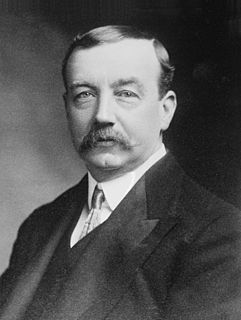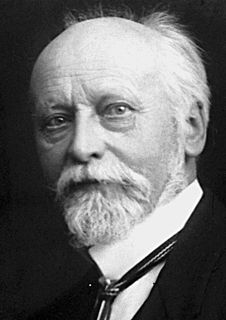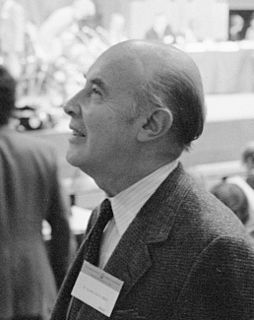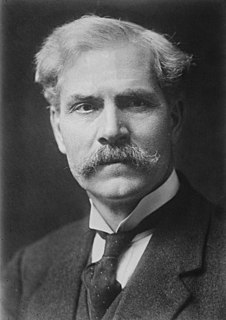A Quote by Ban Ki-moon
Do not hide behind utopian logic which says that until we have the perfect security environment, nuclear disarmament cannot proceed. This is old-think. This is the mentality of the Cold War era. We must face the realities of the 21st century. The Conference on Disarmament can be a driving force for building a safer world and a better future.
Quote Topics
Related Quotes
The twentieth century had dispensed with the formal declaration of war and introduced the fifth column, sabotage, cold war, and war by proxy, but that was only the begining. Summit meetings for disarmament pursued mutual understanding and a balance of power but were also held to learn the strengths and weaknesses of the enemy. The world of the war-or-peace alternative became a world in which war was peace and peace war.
Unlike South Africa, which decided on its own to eliminate its nuclear weapons and welcomed inspection as a means of creating confidence in its disarmament, Iraq appears not to have come to a genuine acceptance - not even today - of the disarmament, which was demanded of it and which it needs to carry out to win the confidence of the world and to live in peace.
We have been led to believe that we have come a long way toward world nuclear disarmament. But that is not the case. Our government is not doing all that it could. We must urge our leaders to fulfill the obligations of the Nuclear Non-Proliferation Treaty. The United States must assume world leadership to end once and for all the threat of nuclear war. It is our moral responsibility.
...convince all nuclear powers, including those which have been more reluctant up to now, of the necessity to respect the "vital interests" of all peoples and to become fully aware of the profound truth of the following conclusion which the United Nations approved by unanimity four years ago: "Mankind is confronted with a choice: we must halt the arms race and proceed to disarmament or face annihilation".
Some might complain that nuclear disarmament is little more than a dream. But that ignores the very tangible benefits disarmament would bring for all humankind. Its success would strengthen international peace and security. It would free up vast and much-needed resources for social and economic development. It would advance the rule of law.



































